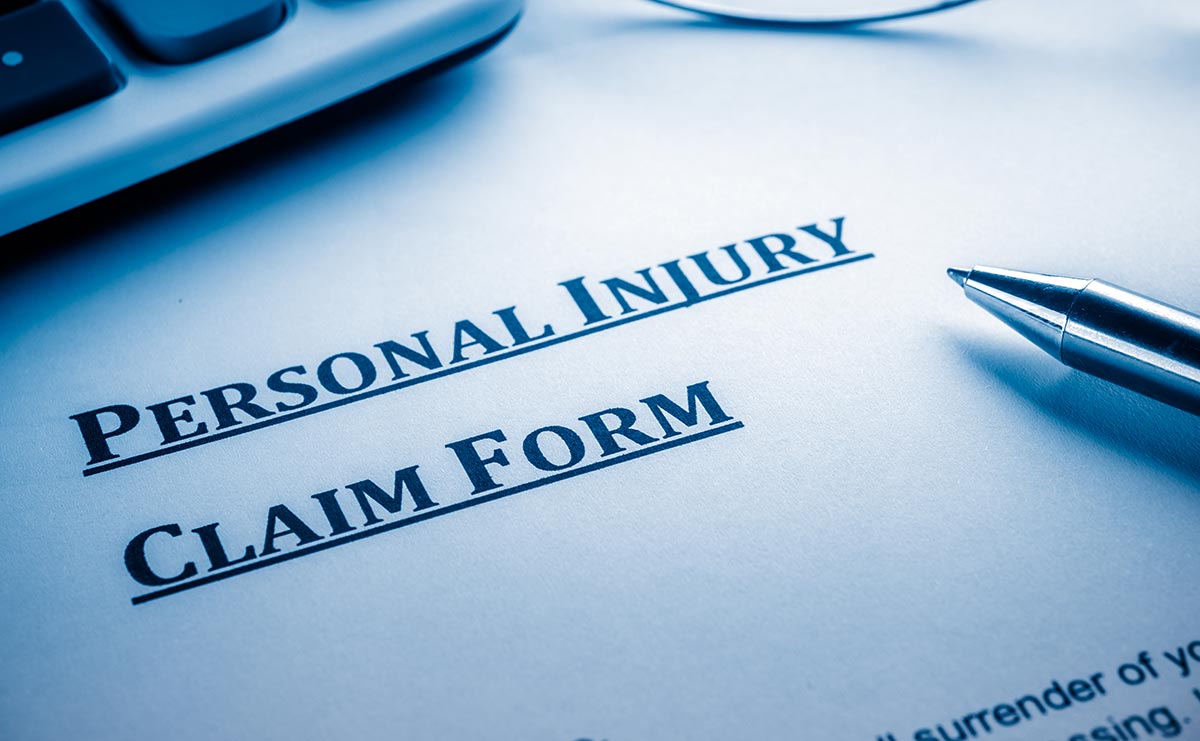A Comprehensive Reference Guide for Personal Injury Lawyers Plus Free Templates
Starting your own law firm is a significant and exciting venture that requires a combination of strategic planning, legal expertise, and entrepreneurial spirit. RunSensible guide to launch a law firm walks you through the essential steps and considerations for successfully starting your own law firm.
Essential Templates to Streamline Your Personal Injury Cases
What You Need to Simplify Personal Injury Cases: Essential Legal Templates
Personal injury templates are valuable tools for individuals involved in accidents considering legal action. These templates provide a structured framework for essential documents, ensuring that all necessary information is included and correctly formatted, streamlining the process for the client and the attorney.
While every personal injury case is unique, most follow a similar process. Typically, the first step involves interviewing the client to gather details about the accident, assess its impact on their life, and determine whether they have a valid claim. Following this initial evaluation, a retainer agreement is signed. This agreement not only outlines the terms of representation but also formalizes the attorney-client relationship, ensuring the client’s rights are protected.
Additionally, a Power of Attorney in personal injury cases ensures that the attorney can take all necessary actions to effectively represent and manage the case while complying with legal requirements and protecting the client’s interests.
A key document in personal injury cases is the authorization to release medical information. This legal form allows healthcare providers to share a patient’s medical records with third parties, ensuring compliance with privacy laws, such as the Health Insurance Portability and Accountability Act (HIPAA) in the United States. It carefully balances patient confidentiality with the need for transparency, especially when medical records are crucial for legal or medical purposes.
The next step may involve drafting a demand letter, depending on the case’s specifics. This letter, typically drafted by the attorney, presents the client’s claim in a clear and compelling manner. It outlines the client’s injuries, the impact on their life, and the compensation being sought. The letter is then sent to the defendant and their insurer, initiating the negotiation process. Alternatively, the case may proceed with the plaintiff and defendant depositions before entering negotiations.
Once a settlement is reached, a settlement sheet is prepared. This document, more than just outlining the amount the client will receive after deducting legal fees and other expenses, is a testament to our commitment to transparency and client satisfaction as the case concludes.
Every minute is valuable throughout this process—and with the demands of managing a full caseload. That’s why the templates in this guide have been designed to help attorneys handle routine tasks efficiently in personal injury cases, providing a sense of relief by saving time and effort while maintaining high accuracy and professionalism.
How to Streamline Your Personal Injury Practice with RunSensible
Running a successful personal injury practice can be challenging. It requires managing a significant caseload, maintaining client communication, and meeting strict deadlines, all while delivering high-quality legal services. With RunSensible, personal injury lawyers can streamline workflows, improve efficiency, and focus on clients.
RunSensible’s automated document management system is a boon for personal injury lawyers. It allows you to store, organize, and retrieve all essential case documents in one place, saving you valuable time. With ready-to-use templates for personal injury cases, including retainer agreements, medical authorization forms, and demand letters, you can quickly customize documents to ensure compliance and consistency. This automation significantly reduces the time spent drafting documents manually, providing a faster turnaround with fewer errors. After evaluating the case, RunSensible simplifies signing the retainer agreement through its e-signature functionality, making document execution quick, secure, and hassle-free while maintaining the attorney-client relationship.
RunSensible’s case management tools are designed to enhance team collaboration and transparency. They allow for easy tracking of case milestones and provide real-time access to case notes, empowering the entire team with up-to-date information. Client intake is a critical aspect of any personal injury case, and RunSensible’s customizable intake forms can be shared online to collect relevant information from prospective clients. This information is automatically integrated into the CRM, ensuring that client data is organized and accessible. Additionally, RunSensible’s workflow automation features help attorneys assign tasks, set reminders, and track important deadlines, ensuring that nothing is overlooked.
RunSensible also simplifies time tracking and billing with automation features that log billable hours, generate invoices, and track payments. This ensures accuracy and helps attorneys avoid missed billing opportunities. Communication with clients is another area where RunSensible excels. The platform enables attorneys to automate updates, schedule client meetings, and send reminders via email or SMS, ensuring precise and timely communication throughout the case and boosting their confidence in client interactions.
Moreover, RunSensible’s analytics and reporting tools provide valuable insights into a firm’s performance, tracking key metrics such as case success rates, client satisfaction, and average settlement times. These analytics empower attorneys to identify areas for improvement, make data-driven decisions, and optimize the efficiency and profitability of their practice, putting them in control of their firm’s success.



